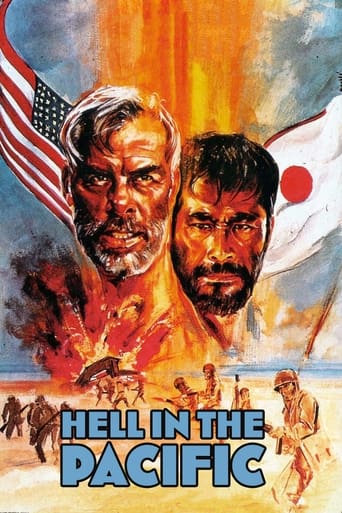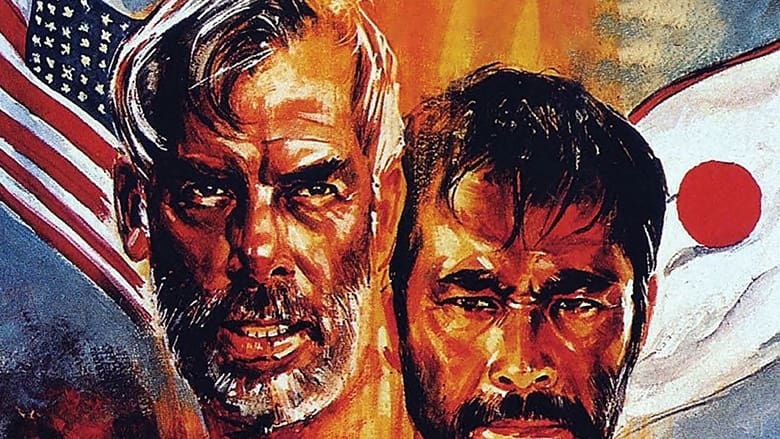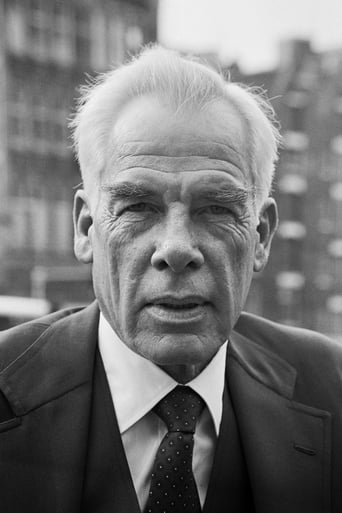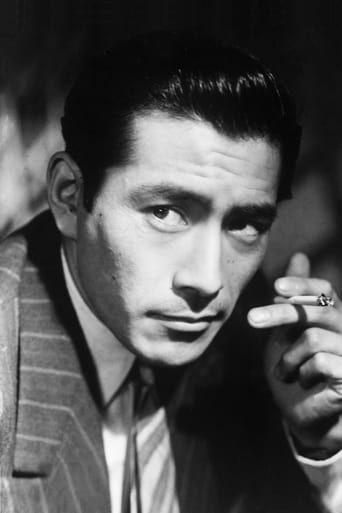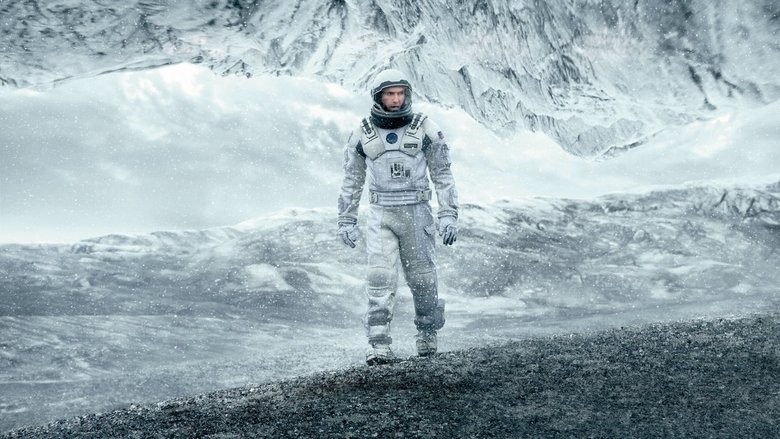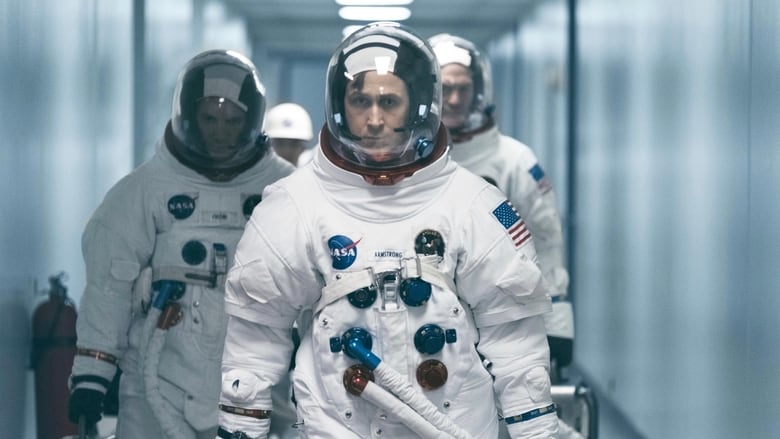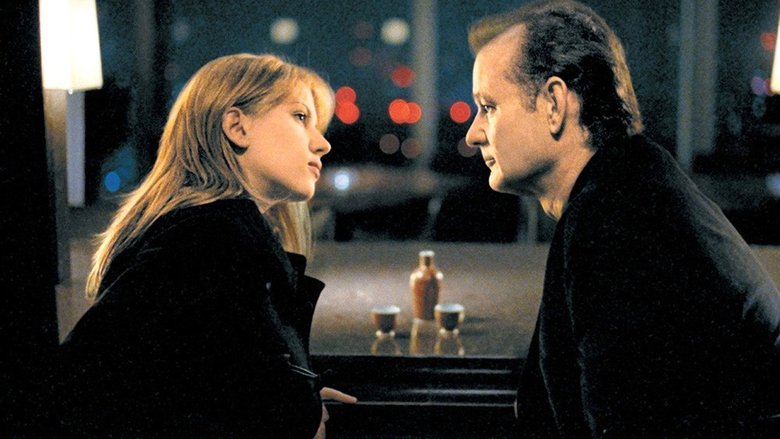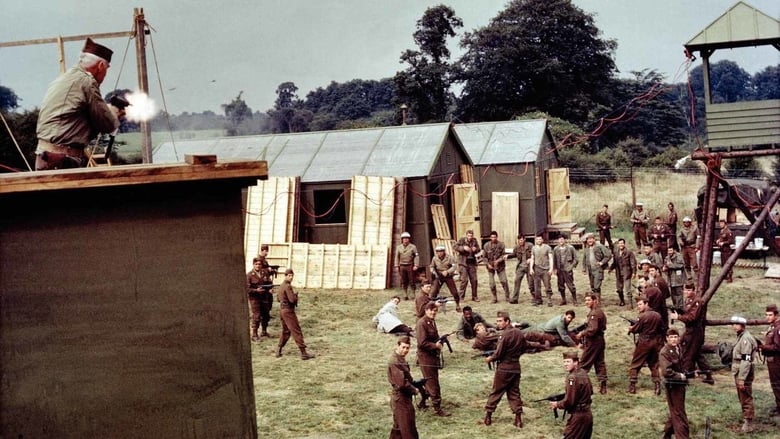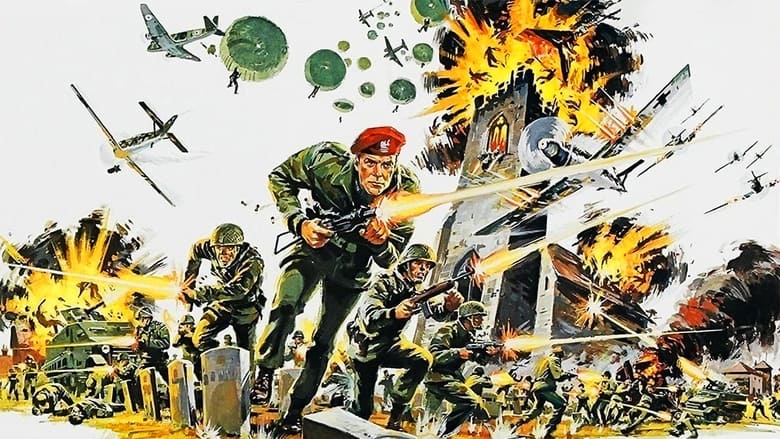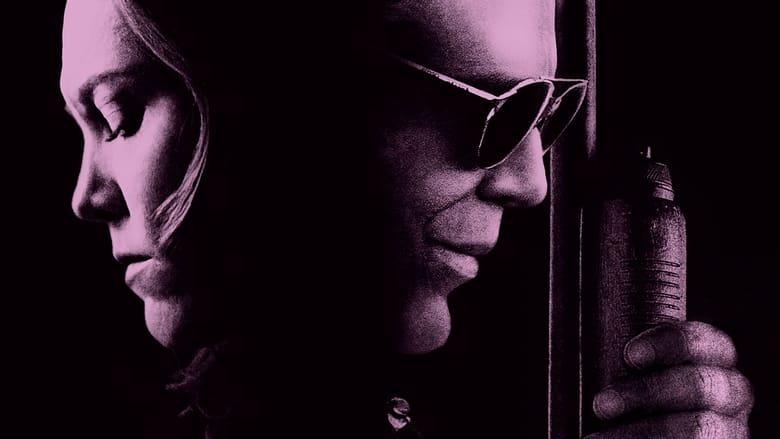During World War II, a shot-down American pilot and a marooned Japanese navy captain find themselves stranded on the same small uninhabited island in the Pacific Ocean.


Similar titles
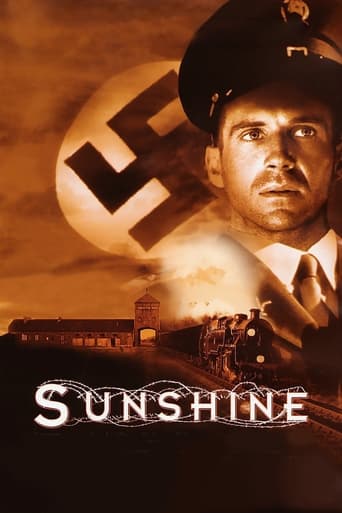
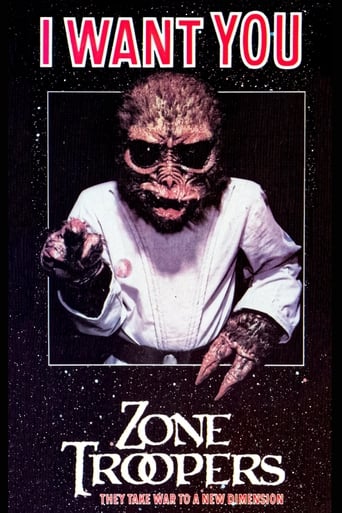
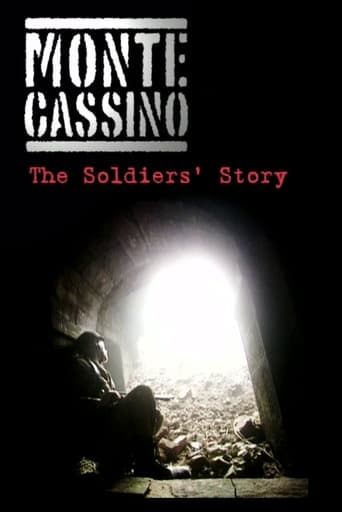
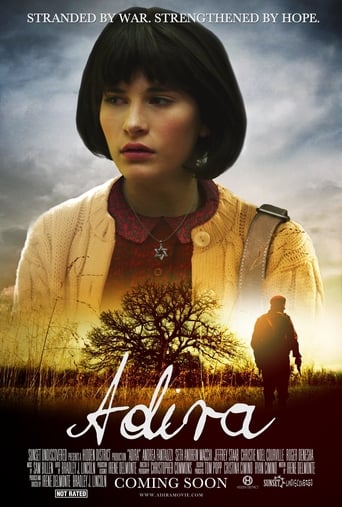
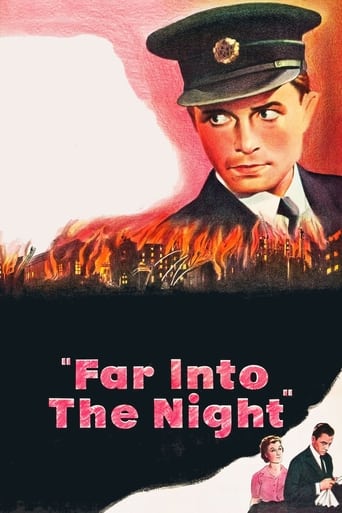
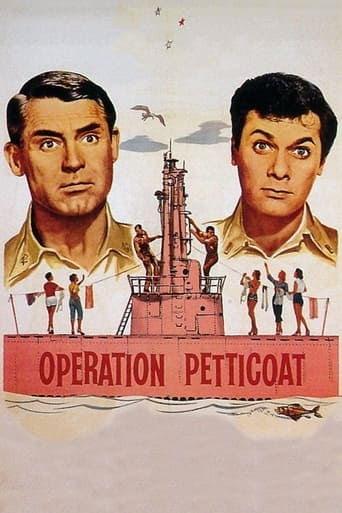
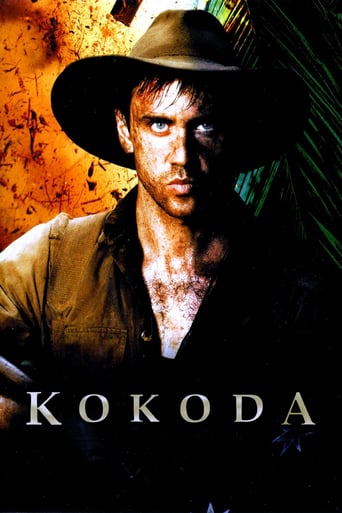

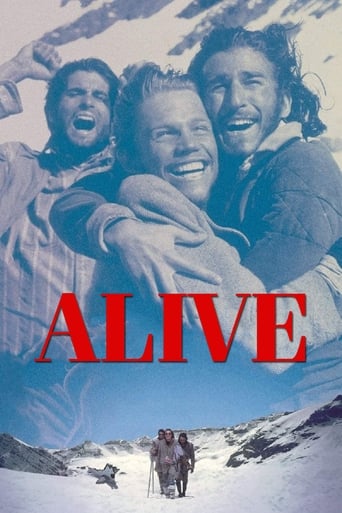
Reviews
Fans of Lee Marvin and Toshiro Mifune failed to come out for this financially-unsuccessful but not uninteresting two-person island adventure story from director John Boorman. Filming in the scenic islands of Palau, Boorman dispenses with the preliminaries and gets right down to business. Two men during World War II are marooned on an island in the Pacific: Marvin, an American pilot, is pitted against Mifune, a Japanese naval captain. Neither of them speaks the other man's language. They torture each other for almost an hour before striking some kind of truce, the result being a raft made out of bamboo that carries them out passed the reef into open water. Screenwriters Alexander Jacobs and Eric Bercovici, working from producer Reuben Bercovitch's story, were not able to supply their actors with much verbal interaction, and yet Marvin and Mifune are entirely capable of creating sound characterizations by just their expressions and their actions (they do superlative work). Boorman doesn't get too heavy or contemplative (a plus with only two people on the screen), however he loses his assured footing in the final reel. The picture doesn't just go off the track, it literally explodes. No one who worked on this film could have been satisfied with the clumsy conclusion (reportedly, Boorman was shut out of the decision making by the producers). Still, the film's better moments of drama and humor and survival stay in the memory, and Conrad Hall's cinematography is wonderful. ** from ****
Interesting and profound.Very interesting movie, with a great moral message. Builds slowly, if anything to show the gap that has to be bridged between the two characters. Ultimately they discover that peace and co-operation are more constructive than war and strife - surely a code to live by.Solid direction by John Boorman (who also directed Deliverance and Excalibur, among others), to go with the excellent plot. Good performances by Lee Marvin and Toshiro Mifune, in one of the smallest casts ever (though there have been movies with a cast of one)...
Hell in the Pacific (1968)A great concept--two men are lost together on an island in the Pacific. The war is over, but prejudices remain, and one man is Japanese, one American. They don't share a language, so there is basically no dialog. There is only survival.How do you make a feature length movie about this without stretching the idea thin, without boring the viewer, without resorting to clichés of makeshift boats and coconut to eat? You don't. The movie is ambitious over very little, and if it seems impressive in some isolated, focused way, it is still a slow go.And you kind of know what the progression of events is going to be, as common human needs rise above nationalist myopia. What keeps it afloat at all is the odd combination of the quirky boorish stereotype American thug, Lee Marvin, who is not his best in this situation (but who has his own following--I like him in his crime films a lot) and the most famous Japanese actor of the period, the Kurosawa standard bearer Toshiro Mifune (who is an archetype of the vigorous, smart Japanese male).I have to admit I didn't really like the most recent parallel production, "Castaway," at least not the island parts (which everyone I know loved). In all these cases you depend on the acting, the actors themselves, to make it special. And for some that might be enough. It's a unique movie, for sure, a kind of old Hollywood hanger-on in the new Hollywood era. John Boorman had just finished the remarkable "Point Blank" with Marvin, and would soon work on "Deliverance," and all three have a masculine quality of rising about a hostile world and making it on your own terms.Finally, if you do get through it all, the last five minutes is important--clumsy and improbable and sensationalist after all that preceded, but important. It tries at last to talk about the difficulty of really understanding someone else, personally and culturally, and about the madness and indifference of war. It's 1968, after all.
Hell in the Pacific is directed by John Boorman and stars Lee Marvin and Toshirō Mifune. It's written by Reuben Bercovitch, Alexander Jacobs & Eric Bercovici and the music is by Lalo Schifrin. During World War II, two men, one American and one Japanese, are marooned on an uninhabited Pacific island. In order for them to survive they must find away to co-exist and maybe, just maybe, forget the War and find a way off the island.Intriguing premise and two watchable stars not withstanding, Hell In The Pacific is not a particularly great film. Decent? Yes! But the novelty value of a two actor piece, with sparse dialogue, soon wears thin. The central idea of two racially different characters forced to come together, is hardly a new one. It's been done considerably better before this film with the likes of The Defiant Ones in 1958. But Boorman's movie does not lack for invention or trying to veer from the norm. Neither character speaks the other's language, so with no dubbing or subtitles, the viewers are forced to be part of the unique situation; sharing in the frustrations of two people unable to communicate verbally. That both Mifune & Marvin are fine actors physically and with their faces, also benefits the piece and the viewers. With both men ex-servicemen of their respective countries also a notable plus point.The film was entirely shot in the Rock Islands of Palau in the north Pacific Ocean, near the Philippines in the Philippine Sea. Visually it is a treat with the blues and greens offering up a beauty that battles the harsh like atmosphere for supremacy. It's impact being that of throwing up a heaven and hell comparison. Yet this pleasing aspect of the film is almost ruined by Schifrin's score. In a piece awash with loneliness, suspicion and borderline hatred, we really don't need evocative and perky, we want threatening and sedate. Which brings us to Boorman's direction, which is choppy and unsure what tones work best within the story. It's no surprise to find that the producers wanted to fire him off the project; his bacon saved by Mifune's insistence that Boorman stayed on. There is also some consternation with the ending(s) of the film, where both available endings have actually caused disapproval in equal measure. In truth neither ending fully rewards the viewer for having spent over 100 minutes with these two men. But for the record I personally like the "abrupt" one better.Its intentions are honourable, and for trying something different it deserves a pat on the back. But too many itches exist within; and thus the film is scratchy and never able to achieve allegorical greatness. 6/10
